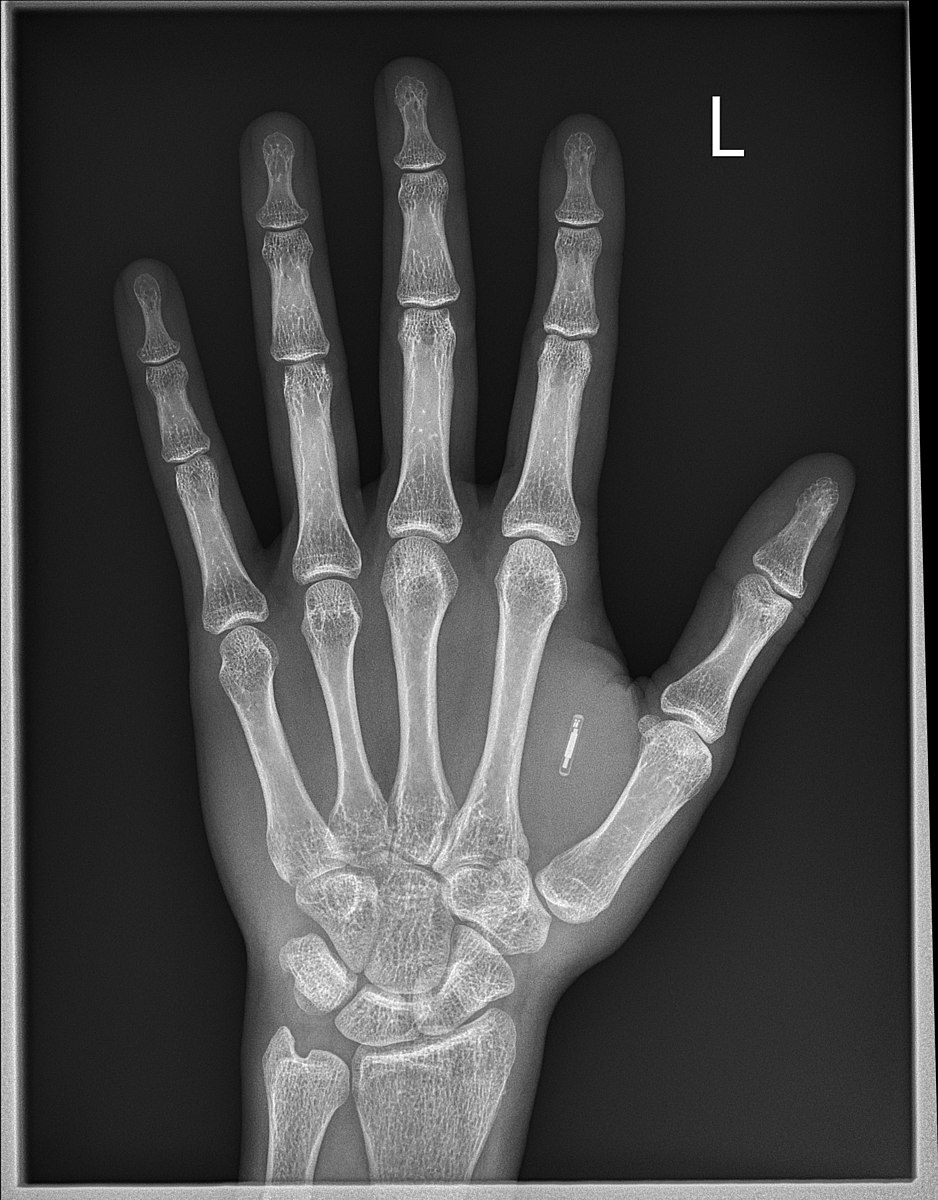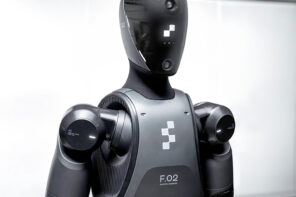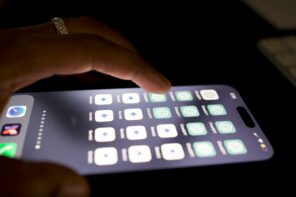With the rising popularity of biohacking – that is, the modification of human bodies by means of technology – more and more people are starting to use wearables, such as Apple Watches and Fitbits. In Sweden, however, some are approaching this trend through implantations under the skin in the form of a microchip.
Having first started in Sweden in 2015, “biochipping” has taken off as an increasingly common alternative to the use of keycards and e-tickets. After being injected with a syringe between the thumb and forefinger at roughly the size of a grain of rice, these chips are designed to render users’ lives more convenient by replacing the need for a cumbersome amount of cards, pass codes, and signatures.
“Having different cards and tokens verifying your identity to a bunch of different systems just doesn’t make sense,” says Jowan Österlund, founder of Biohax International, Sweden’s main microchipping company. He continues: “Using a chip means that the hyper-connected surroundings that you live in every day can be streamlined.”
And these chips appear to be doing just that: they are already being used to sign into gyms, unlock doors to homes and offices, buy and hold train tickets, and, in newer versions, even carry out financial transactions. In fact, its use has become so mainstream in Sweden that the country’s national railway system, SJ, has begun scanning some passengers’ hands to verify tickets instead of collecting physical fare.
These microchips are already being used to sign into gyms, unlock doors, buy tickets, and carry out transactions.
“As north Europe’s largest train operator and one of the top 10 digital companies in Sweden, we are at the forefront of digital developments,” says SJ’s spokesperson, adding that “[this] is an interesting project that gives us ideas of how to enhance the digital customer experience even further.”
In addition to these everyday services, microchips also serve to hold digital business cards, medical records, emergency contact details, and emergency documents, such as wills.
Essentially, these devices work similarly to a barcode. After being read by apparatuses using RFID technology similar to how credit cards and passports are read, information is sent wirelessly from the chip to any reader that uses near-field communication (NFC), including most Android smartphones. They operate passively, meaning they don’t read any information themselves. Additionally, they require no battery and, as such, don’t require constant recharging.
Obviously, this phenomenon has not been met with unpopularity; in 2018, 4000 Swedes “installed” such devices, and demand is quickly outpacing Biohax’s supply. As residents of a country with a long history of openly accepting new technology, many Swedes have embraced this new phenomenon as a means of simplifying everyday life.
“I used to lose my keys all the time. Now I unlock the door to my house with my hand,” says Aric Dromi, who himself has been biochipped and sits on the advisory board of the Swedish government’s organization aiming to increase digitalization within the public sector.
As a matter of fact, these chips are even beginning to find themselves beyond Sweden’s borders. In 2017, Three Square Market, an American technology company based in Wisconsin, chipped 50 employees after their president went on a business trip to Sweden. A year later, a total of 80 of its 250 employees were chipped. Biohax is also in the process of partnering with several prominent UK companies, where a rival microchipping company by the name of BioTeq has stationed itself, as well as with Etisalat, a major Emirati-based telecommunications company.
These chips are even beginning to find themselves beyond Sweden’s borders.
However, as the industry expands, the potential risks do, too. Currently, the biggest concern is their susceptibility to being hacked; this risk that can only increase as more companies participate in developing new models in the future. Therefore, concerns are being raised regarding whether users’ movement can be tracked or personal information can be leaked. As there is currently no legislation regulating the industry, such incidents would be difficult to criminally charge. Furthermore, because implantations require injections under the skin, outdated versions can only be replaced through additional surgery, which would be undeniably bothersome and inconvenient.
As it stands right now, though, microchipping appears to be a promising candidate for the future of biohacking in Sweden and may soon start hitting the mainstream market in the rest of Europe. In the event that you find yourself there, for about $200, you too can attend an implant party and live out your dream of being part-human, part-robot (sort of).








